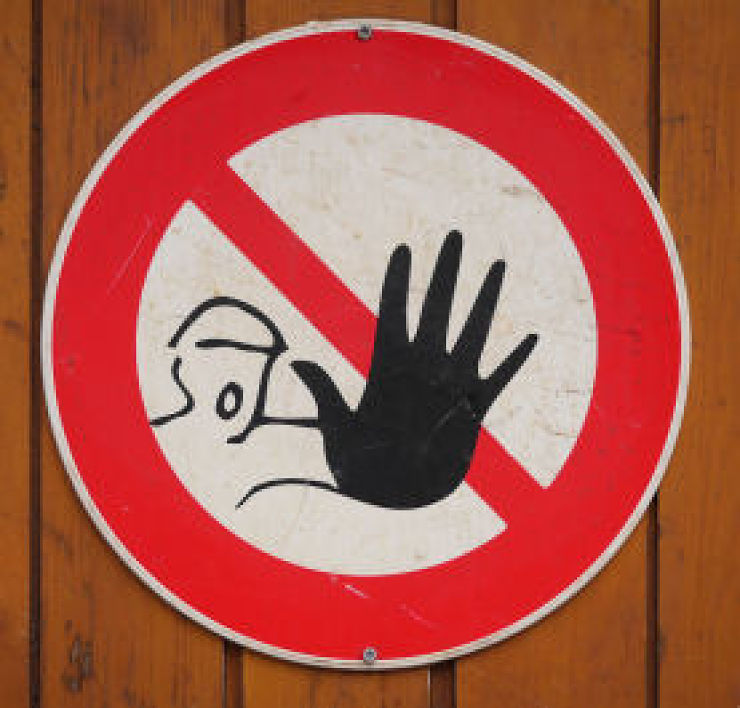The automatic stay is the signature feature of American bankruptcy, but the stay has important exceptions.
Just by filing a bankruptcy case, a federal court injunction instantly prohibits your creditors from actions to collect a debt from you or your assets.
But, there’s a whole list of actions that aren’t included in the stay. We forget that some kinds of lawsuits with a financial aspect get excluded from the stay.
How the stay works
The automatic stay applies in all bankruptcy cases (unless you’ve filed more than two bankruptcy cases in the last year).
To get a stay outside of bankruptcy, you have to prove that you are entitled to an injunction. A bond may be required.
In bankruptcy the injunction is granted automatically, just because you filed.
The burden falls to creditors to take action to extract themselves from the stay.
The stay has its limits
The list of exceptions to the stay is long and many of the excluded actions are very specific and technical. See 11 U.S.C. 362(b).
But there are some biggies there too among the exceptions.
Here are the ones of most interest to the typical bankruptcy filer.
Family law issues
Actions to establish or modify support are not stayed. Neither are proceedings involving custody, marital status or paternity.
Support can be collected from property that isn’t “property of the estate” without violating bankruptcy law. And state issued licenses can be suspended for failure to pay support. That’s subsection (b)(2).
Law enforcement
The stay doesn’t stop criminal prosecutions. Nor does it stop the enforcement of actions grounded in the public health and safety; that’s called the government regulatory exemption. More about that below.
Tax administration
Your state tax folks and the feds can legally demand the filing of a tax return; audit returns you’ve filed; and assess taxes they claim you owe.
Government can’t, however, record liens or levy assets to collect a tax you owed when you filed bankruptcy.
Private rights
A landlord under a lease that expired according to its terms before the bankruptcy case was filed can proceed to get possession of non residential property.
Civil contempt sanctions
Collection of court-ordered sanctions for misconduct in litigation is not prohibited by the stay.
The 9th Circuit Court of Appeals recently decided that the public’s interest in making parties to a lawsuit play by the rules outweighed the sanctioned party’s interest in getting complete protection from collection action. The fact that the sanctions might be payable to the other party to the litigation didn’t change the state’s interest in enforcing its sanction for bad behavior in court. The case is Dingley.
More
What litigators must know about bankruptcy






